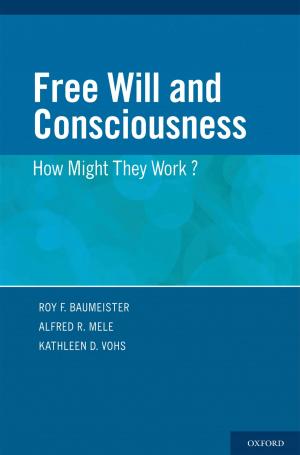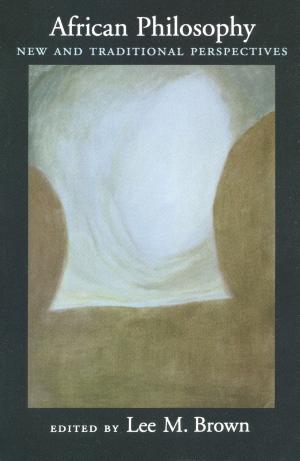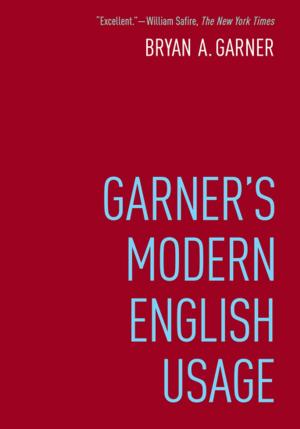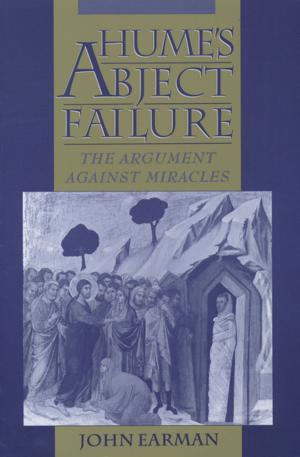Medical Experimentation
Personal Integrity and Social Policy: New Edition
Nonfiction, Health & Well Being, Medical, Reference, Ethics, Specialties, Internal Medicine, General| Author: | Charles Fried | ISBN: | 9780190602741 |
| Publisher: | Oxford University Press | Publication: | May 2, 2016 |
| Imprint: | Oxford University Press | Language: | English |
| Author: | Charles Fried |
| ISBN: | 9780190602741 |
| Publisher: | Oxford University Press |
| Publication: | May 2, 2016 |
| Imprint: | Oxford University Press |
| Language: | English |
First published in 1974, Charles Fried's Medical Experimentation is a classic statement of the moral relationship between doctor and patient, as expressed within the concept of personal care. This concept is then tested in the context of medical experimentation and, more specifically, the randomized controlled trial (RCT). Regularly referred to as a point of departure for ethical and legal discussions of the RCT, the book has long been out of print. This new, second edition includes a general introduction by Franklin Miller and the late Alan Wertheimer, a reprint of the 1974 text, and an in-depth analysis by Harvard Law School scholars I. Glenn Cohen and D. James Greiner which discusses the extension of RTCTs to social science and public policy contexts. The volume concludes with a new essay by Charles Fried that reflects on the original text and how it applies to the contemporary landscape of medicine and medical experimentation.
First published in 1974, Charles Fried's Medical Experimentation is a classic statement of the moral relationship between doctor and patient, as expressed within the concept of personal care. This concept is then tested in the context of medical experimentation and, more specifically, the randomized controlled trial (RCT). Regularly referred to as a point of departure for ethical and legal discussions of the RCT, the book has long been out of print. This new, second edition includes a general introduction by Franklin Miller and the late Alan Wertheimer, a reprint of the 1974 text, and an in-depth analysis by Harvard Law School scholars I. Glenn Cohen and D. James Greiner which discusses the extension of RTCTs to social science and public policy contexts. The volume concludes with a new essay by Charles Fried that reflects on the original text and how it applies to the contemporary landscape of medicine and medical experimentation.















